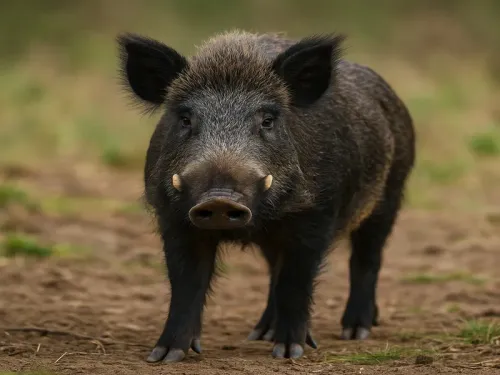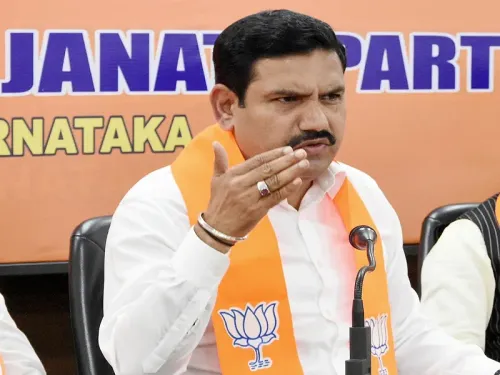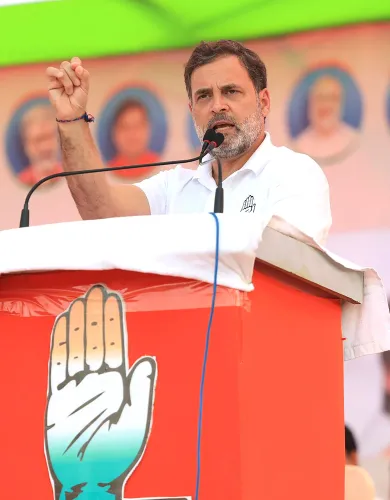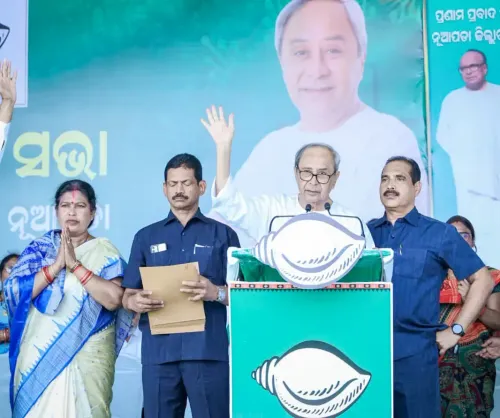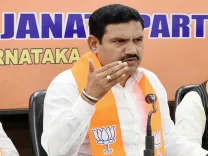What Happened During IAF Chief's Meeting with PM Modi Amid Rising India-Pakistan Tensions?
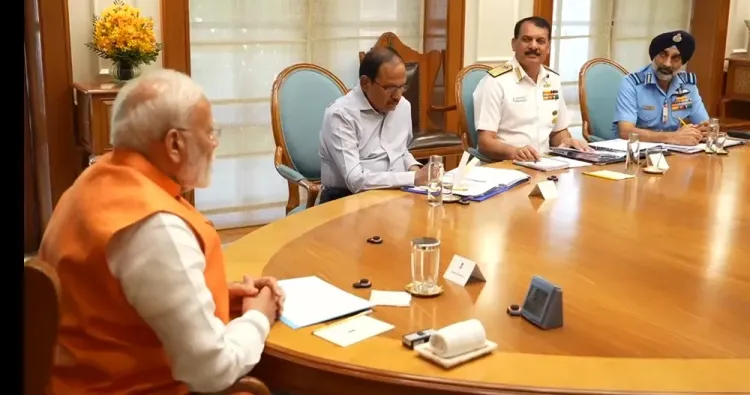
Synopsis
Key Takeaways
- Meeting between PM Modi and Air Chief Marshal A.P. Singh highlights urgent discussions on national security.
- Pahalgam attack leads to increased military readiness and strategic reviews.
- Government implements economic and diplomatic measures to isolate Pakistan.
- Ceasefire violations continue, prompting vigilant responses from Indian forces.
- PM Modi provides military leadership with operational freedom for response strategies.
New Delhi, May 4 (NationPress) In a crucial development amid rising tensions with Pakistan, Air Chief Marshal A.P. Singh met with Prime Minister Narendra Modi at his official residence located at 7, Lok Kalyan Marg, as per sources. This 45-minute discussion follows the horrific terror attack in Pahalgam that resulted in the deaths of 26 innocent civilians, including 25 tourists and a local resident.
This high-stakes meeting is the second in a span of 24 hours between the Prime Minister and top military officials. On the previous day, PM Modi conferred with Admiral Dinesh K. Tripathi, the Chief of Naval Staff.
The meetings signify the government's intensified focus on strengthening India's security measures following the April 22 attack, which is widely blamed on the Pakistan-supported terror outfit Lashkar-e-Taiba (LeT).
Simultaneously, ceasefire violations by the Pakistan Army along the Line of Control (LoC) persisted for the tenth straight day on Sunday. Indian forces responded appropriately, remaining vigilant in the tense border areas of Jammu and Kashmir.
Sources indicated that the discussion with Air Chief Marshal Singh was part of an ongoing strategic evaluation, which also covered air defense readiness and inter-service coordination for any prospective response.
The meeting with Admiral Tripathi was similarly viewed as integral to maritime security planning and tri-service discussions.
Earlier in the week, PM Modi presided over a comprehensive assembly with the Chiefs of the Army, Navy, and Air Force, along with Defence Minister Rajnath Singh and National Security Advisor Ajit Doval.
In these closed-door deliberations, the Prime Minister reportedly granted the military leadership full "operational freedom" to decide the timing, nature, and extent of India's response to the Pahalgam attack.
Government sources revealed that all limitations have been lifted, with political leaders endorsing robust and calculated military responses.
As tensions escalate, the government has implemented several economic and diplomatic actions aimed at isolating Pakistan. On Saturday, the Department of Posts under the Ministry of Communications announced a halt to all mail and parcel exchanges with Pakistan via air and surface routes.
This followed India's total ban on all imports from Pakistan, a prohibition on Pakistani vessels from Indian ports, and a directive preventing Indian ships from docking at Pakistani ports.
Additionally, India has declared the closure of the Attari-Wagah border, suspended all cultural and trade exchanges, initiated the deportation of Pakistani nationals from its territory, and put the Indus Water Treaty in abeyance.
The government has also closed its airspace to Pakistani commercial aircraft.
These collective measures underscore India's determination to hold Pakistan accountable for its alleged role in terrorism.
In his first public remarks following the killings in Pahalgam, Prime Minister Modi stated, "The terrorists, their handlers, and their backers will be chased and hunted down to the ends of the earth."
The Pahalgam massacre, which took place in the Baisaran meadow on April 22, saw 26 civilians, including one Nepalese national, brutally killed in an attack that has elicited widespread national outrage and international condemnation.

